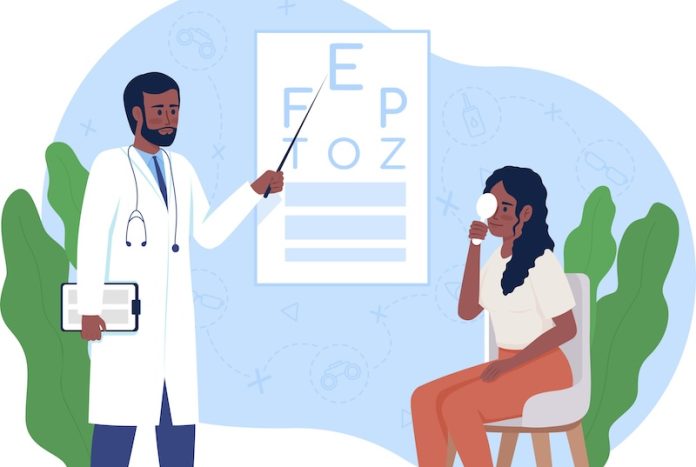
Your eyes are one of the most vital organs in your body, and keeping them healthy starts with what you eat.
Recent research highlights that a diet rich in certain nutrients can help maintain and even improve eyesight. Here’s an easy-to-understand guide on the best foods to eat for the health of your eyes.
Carrots have long been associated with good vision, and science backs this up. Carrots are loaded with beta-carotene, a type of vitamin A that helps the retina and other parts of the eye to function smoothly.
But carrots aren’t the only heroes for eye health. There are several other foods and nutrients that are essential for maintaining good eyesight.
Leafy green vegetables like spinach, kale, and collards are superfoods for your eyes. They are packed with lutein and zeaxanthin, antioxidants that studies have shown to reduce the risk of chronic eye diseases, including age-related macular degeneration (AMD) and cataracts.
These antioxidants act like natural sunglasses, helping to form pigment that protects the eyes from harmful ultraviolet (UV) rays.
Eggs are another excellent source of lutein and zeaxanthin. Plus, they provide zinc which helps reduce your risk of AMD. The yolks contain high levels of these nutrients, making eggs a perfect breakfast option for eye health.
Fruits also play a crucial role in eye care. Oranges and other citrus fruits are rich in vitamin C, which is critical for eye health.
According to a study published in the American Journal of Clinical Nutrition, regular intake of vitamin C can prevent cataracts and help maintain the health of ocular blood vessels.
Berries, like blueberries and strawberries, are also great for your eyes. They are high in antioxidants and vitamin C, which have been linked to reducing eye fatigue and improving night vision.
Fatty fish such as salmon, tuna, and mackerel are rich in omega-3 fatty acids. Omega-3 has been shown to contribute to visual development and the health of the retina in the back of the eye.
It can also help prevent dry eyes, a common condition where your tears are unable to provide adequate lubrication for your eyes.
Nuts, beans, and legumes like walnuts, almonds, and black beans are not only high in omega-3 but also provide vitamin E. This vitamin guards against oxidation that can cause harm to your eyes as you age, protecting against AMD and cataracts.
Whole grains can also benefit your eye health. Foods like quinoa, brown rice, and whole oats have low glycemic index (GI) levels which help reduce the risk for AMD. They also provide vitamin E, zinc, and niacin.
Research suggests that an overall healthy diet can contribute to good eye health. For instance, the Mediterranean diet, known for its high levels of fruits, vegetables, fish, and whole grains, has been linked to lower risks of chronic eye diseases.
Incorporating these foods into your daily diet can help you not only maintain but improve your eye health. Regular eye check-ups and protective measures like wearing sunglasses are also important, but starting with your diet can make a significant difference in the long run.
By eating a variety of these nutrient-rich foods, you can help protect your eyes from disease, reduce age-related deterioration, and keep your vision sharp and clear. Remember, when it comes to eye health, every bite counts!
Follow us on Twitter for more articles about this topic.
Copyright © 2024 Scientific Diet. All rights reserved.





